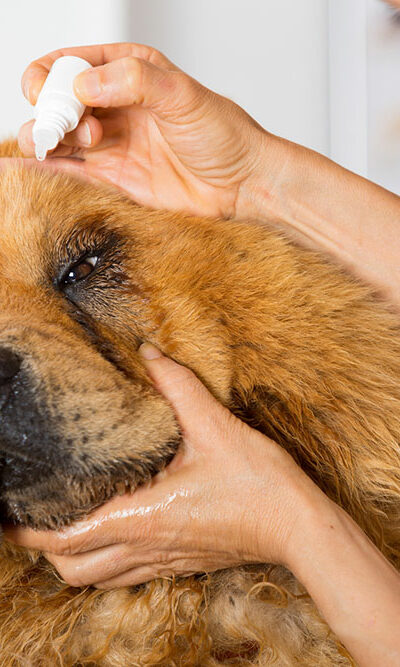
All you need to know about food allergies in dogs
All you need to know about food allergies in dogs If you observe your dog constantly itching or shaking their head vigorously as if to dislodge something, it may be a sign of an allergic reaction. Unfortunately, it is not easy to confirm a food allergy, but a visit to the vet can help rule out any other causes of your dog’s behavior. While most of the cases of dog allergies are a direct result of an adverse reaction to an ingredient, a latent allergy can be triggered by environmental factors too. Keep in mind that food allergies are different from food intolerance. What is a food allergy in dogs? These happen when your pet’s immune system overreacts to the proteins present in the food. You may think that meat alone supplies proteins to your dog, but there are many grains and vegetables which are equally good sources of proteins. Any of these proteins are capable of causing a food allergy. What are the signs of a food allergy? The most common signs of food allergies in dogs are a gastrointestinal disorder, itching, chronic diarrhea, ear inflammation, and licking their feet. What are the most common allergens found in dog food which can trigger a reaction? Beef: When you have been feeding one type of food for years to your dog, it can cause intolerance to it or an allergic reaction to its ingredients. Beef is perhaps the most common component of any kind of pet food and thus, also the most common allergen. Dairy products : Dogs may have problems digesting lactose and this is usually intolerance and not so much an allergy per se. It can result in diarrhea, gas, and vomiting. Wheat: Dogs are more likely to develop an allergy to meat rather than whole grains. But, there are always exceptions to this and wheat may be a trigger too.










